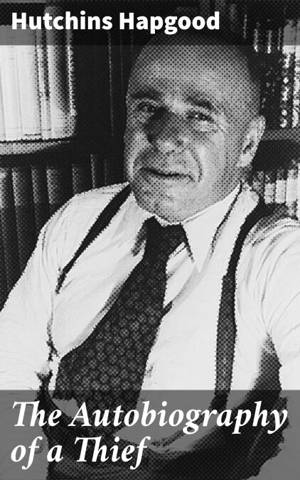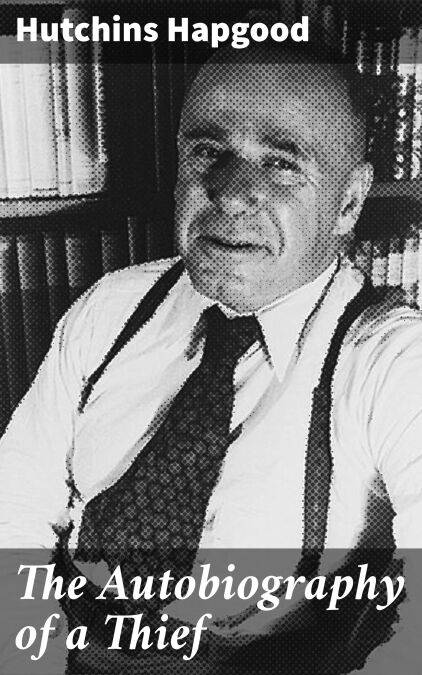
- Afhalen na 1 uur in een winkel met voorraad
- Gratis thuislevering in België vanaf € 30
- Ruim aanbod met 7 miljoen producten
- Afhalen na 1 uur in een winkel met voorraad
- Gratis thuislevering in België vanaf € 30
- Ruim aanbod met 7 miljoen producten
Zoeken
The Autobiography of a Thief E-BOOK
Unveiling the Shadowy World of Crime and Redemption
Hutchins Hapgood
E-book | Engels
€ 0,49
Uitvoering
Omschrijving
In "The Autobiography of a Thief," Hutchins Hapgood offers a compelling exploration of the life of a criminal from an intimate perspective, intertwining elements of social critique with autobiographical storytelling. Written in the early 20th century, the narrative employs a raw and candid literary style that reflects both the grit of urban life and a philosophical inquiry into morality and human behavior. Through the protagonist's experiences, Hapgood deftly critiques the socio-economic conditions that breed criminality while inviting readers to question the nature of good and evil, ultimately challenging the societal norms of his time. Hapgood, born into a well-to-do New England family, had a unique vantage point that blended privilege with a deep empathy for the marginalized. His exposure to the struggles of impoverished city dwellers profoundly influenced his writing, leading him to document the complex lives of those on the fringes of society. This background, alongside his experiences as a social activist and journalist, enabled him to navigate the psychological terrain of his characters with authenticity, revealing not just their faults but also the systemic forces at play. This book is highly recommended for readers interested in the interplay of class, crime, and morality. Hapgood's insights into the human condition, paired with his vivid storytelling, resonate powerfully today, inviting a deeper understanding of societal issues that remain relevant. "The Autobiography of a Thief" is not merely a tale of crime; it is a profound reflection on humanity that warrants a place in both literary and social discourse.
Specificaties
Betrokkenen
- Auteur(s):
- Uitgeverij:
Inhoud
- Aantal bladzijden:
- 164
- Taal:
- Engels
Eigenschappen
- Productcode (EAN):
- 4057664576248
- Verschijningsdatum:
- 18/05/2021
- Uitvoering:
- E-book
- Beveiligd met:
- Digital watermarking
- Formaat:
- ePub

Alleen bij Standaard Boekhandel
Beoordelingen
We publiceren alleen reviews die voldoen aan de voorwaarden voor reviews. Bekijk onze voorwaarden voor reviews.







